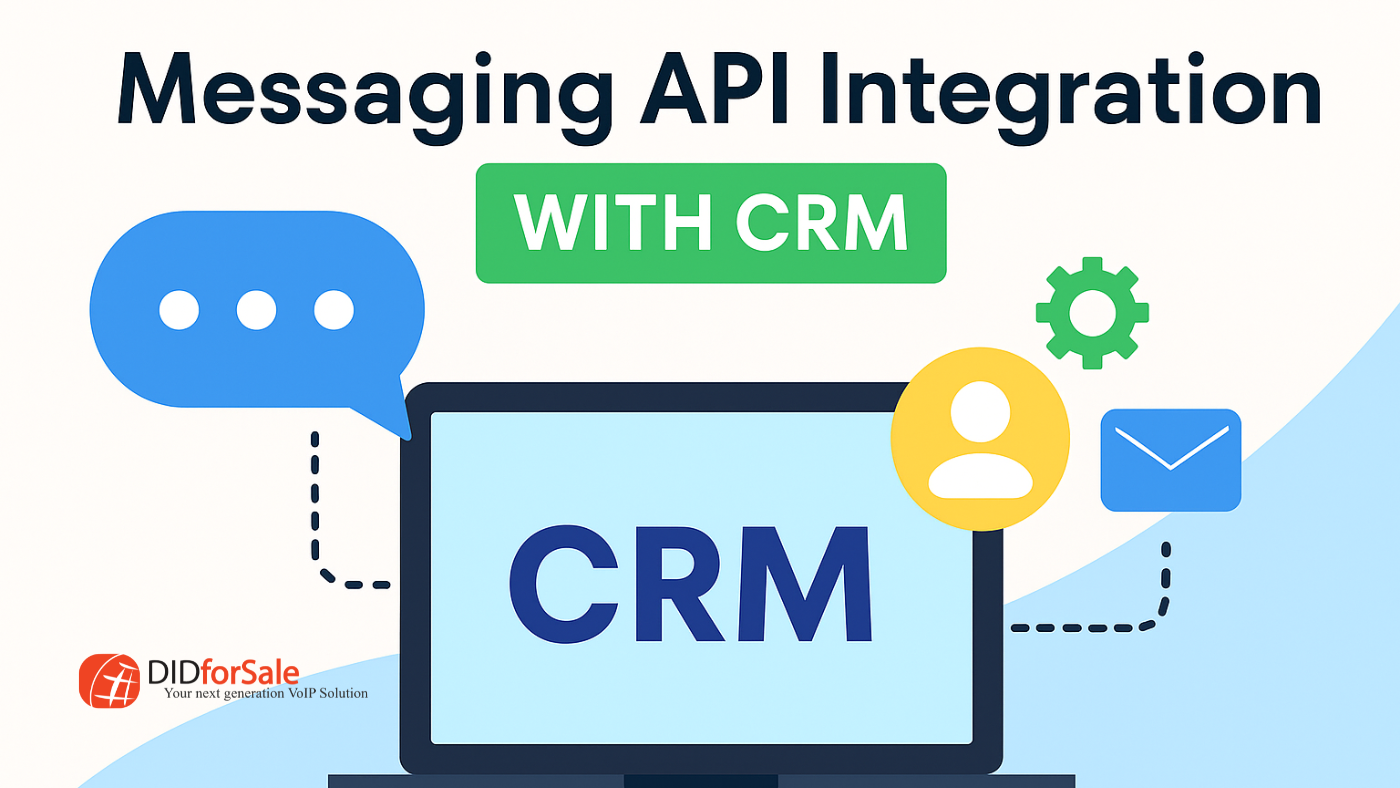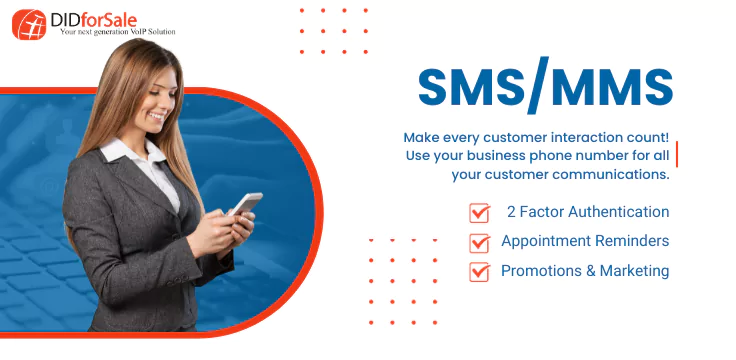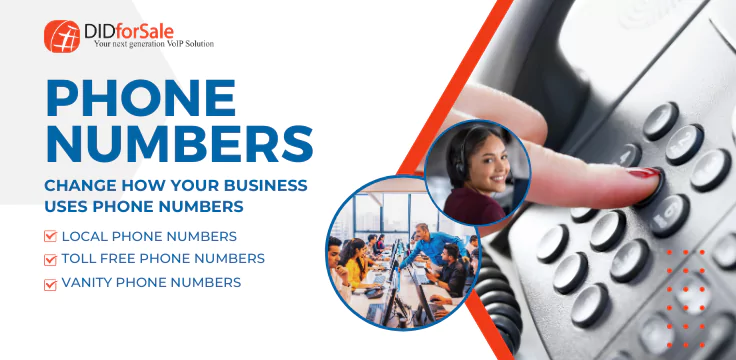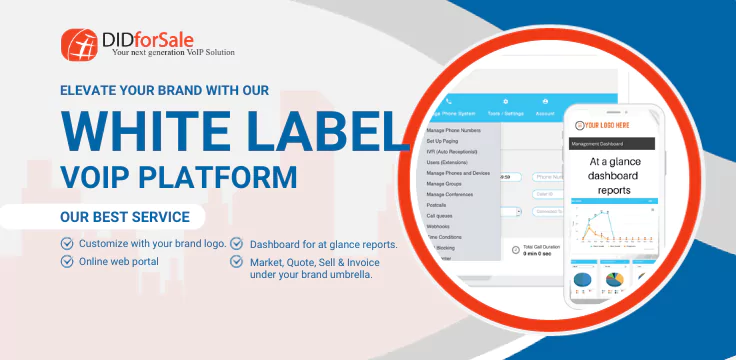Customer communication can’t afford to fall through the cracks. Whether it’s sending appointment reminders, order updates, or promotional alerts—your ability to connect with customers in real time determines their satisfaction and loyalty. That’s where messaging API integration with your CRM comes in.
If you’re still relying solely on emails or manual follow-ups, you’re missing out on a powerful opportunity to automate, personalize, and scale your communication. Let’s explore how integrating a messaging API into your CRM can help you transform your customer experience—and why it’s becoming a must-have for modern businesses.
What is Messaging API Integration?
A messaging API acts as a bridge between your business applications and messaging platforms like SMS, WhatsApp, or chatbots. When you integrate this API with your CRM system, it enables two-way communication between your business and customers—directly from your CRM dashboard.
With this messaging API for CRM, your team can send and receive messages, trigger automated alerts, and keep all communication logs neatly organized within the customer profile.
Why Messaging API Integration Matters
CRM messaging integration is more than just a technical upgrade. It’s a strategic move that brings numerous benefits:
1. Automate Customer Communication
Tired of manual follow-ups? A messaging API lets you automate essential messages such as:
-
Order confirmations
-
Delivery status
-
Payment reminders
-
Appointment scheduling
By setting rules and triggers in your CRM, messages go out automatically based on customer behavior or predefined workflows. You’ll reduce errors, save time, and stay consistently engaged with your audience.
2. Boost Customer Engagement
Text messages have open rates as high as 98%. That means your customers are far more likely to read and respond to an SMS than an email. With messaging API integration, you can initiate meaningful two-way conversations that drive higher engagement and satisfaction.
3. Centralize Communication History
With all messaging activity synced to your CRM, you’ll never lose track of conversations. Every text or alert becomes part of the customer’s timeline, making it easier for your team to follow up, personalize offers, and resolve issues quickly.
4. Personalize at Scale
Want to send personalized messages to thousands of customers? A messaging API for CRM allows you to merge CRM data (like first names, preferences, or order details) into your texts. The result: highly relevant messages that feel one-on-one, even when sent in bulk.
How Does Messaging API Integration Work?
Let’s say you’re using a CRM like Salesforce, Zoho, or HubSpot. When you integrate a messaging API, it connects your CRM to a messaging platform (SMS, WhatsApp, RCS, etc.) via secure endpoints.
Here’s a simple workflow:
-
A customer makes a purchase.
-
CRM updates their profile.
-
Messaging API is triggered.
-
A personalized confirmation message is sent automatically.
It’s seamless, real-time, and efficient.
Use Cases Across Industries
E-commerce: Send abandoned cart reminders, shipping updates, and promotional offers.
Healthcare: Automate appointment reminders, test results, or health tips.
Finance: Notify customers of due payments, transaction alerts, or account changes.
Education: Remind students about class schedules, deadlines, or important announcements.
No matter the industry, messaging API integration helps automate customer communication with precision and reliability.
Key Features to Look for in a Messaging API for CRM
When choosing a messaging API provider like DIDforSale, consider these must-have features:
-
Scalability: Can it handle thousands of messages at once?
-
Two-Way Messaging: Does it allow replies and conversation tracking?
-
Compliance: Is it TCPA, GDPR, and HIPAA-compliant?
-
Delivery Reports: Can you track message status and performance?
-
CRM Compatibility: Does it integrate easily with your existing CRM platform?
DIDforSale’s messaging API checks all the boxes—designed to scale with your business while ensuring compliance and delivery accuracy.
Getting Started with Messaging API Integration
Here’s how you can begin:
-
Choose a Messaging API Provider: DIDforSale offers a robust and developer-friendly API for businesses of all sizes.
-
Assess CRM Compatibility: Ensure your CRM supports API integration or has plugins/extensions available.
-
Set Up Triggers & Workflows: Work with your development or IT team to automate common tasks like reminders or order updates.
-
Test & Optimize: Before going live, test various message formats and triggers. Monitor results and make adjustments for better engagement.
Wrapping Up
Messaging API integration is no longer just a “nice-to-have”—it’s essential for businesses that want to keep up with rising customer expectations. By combining the power of messaging with your CRM’s data, you unlock a communication system that’s fast, personalized, and scalable.
Whether you’re a small business or an enterprise, integrating a messaging API for CRM helps you automate customer communication, improve response times, and build stronger relationships—all from one central hub.
Ready to revolutionize how you connect with your customers?
Explore DIDforSale’s powerful messaging solutions and make your CRM smarter than ever.





